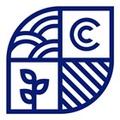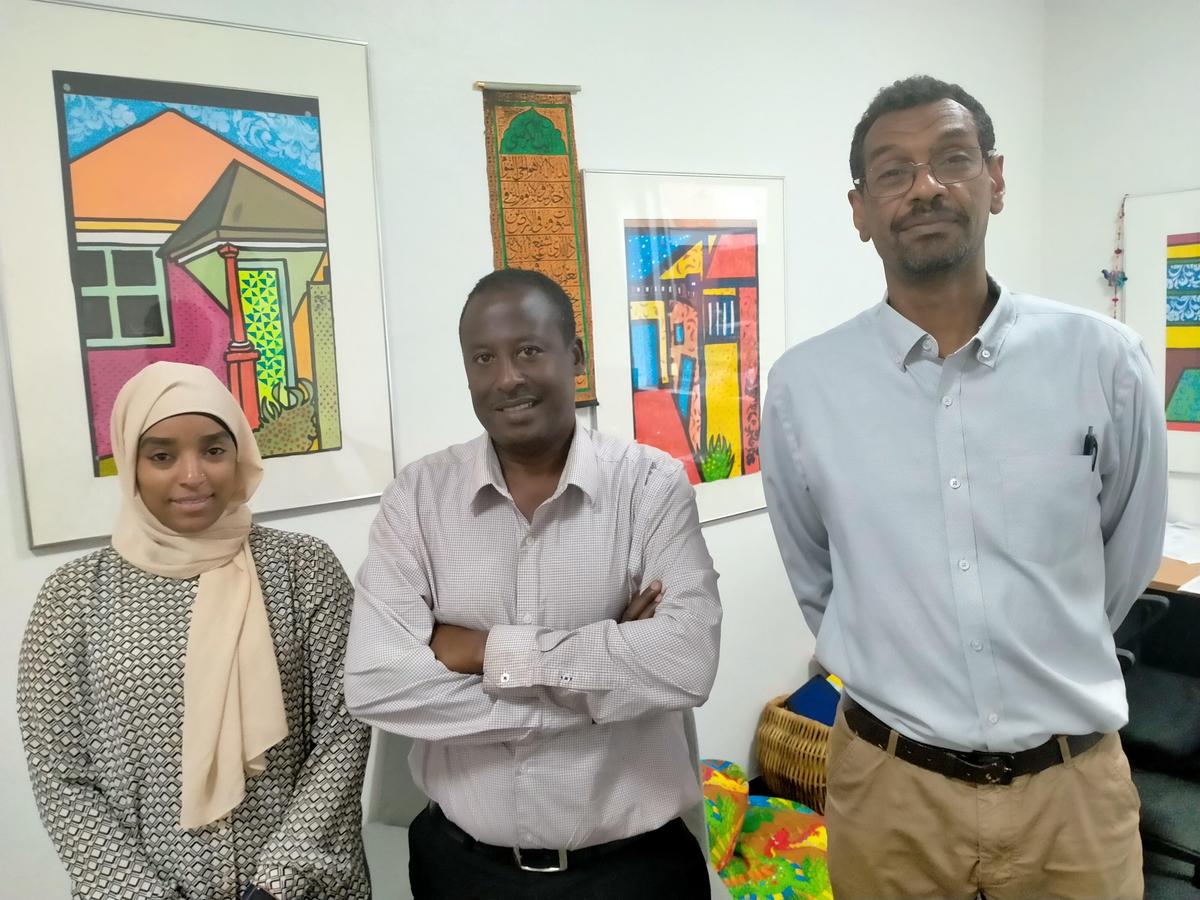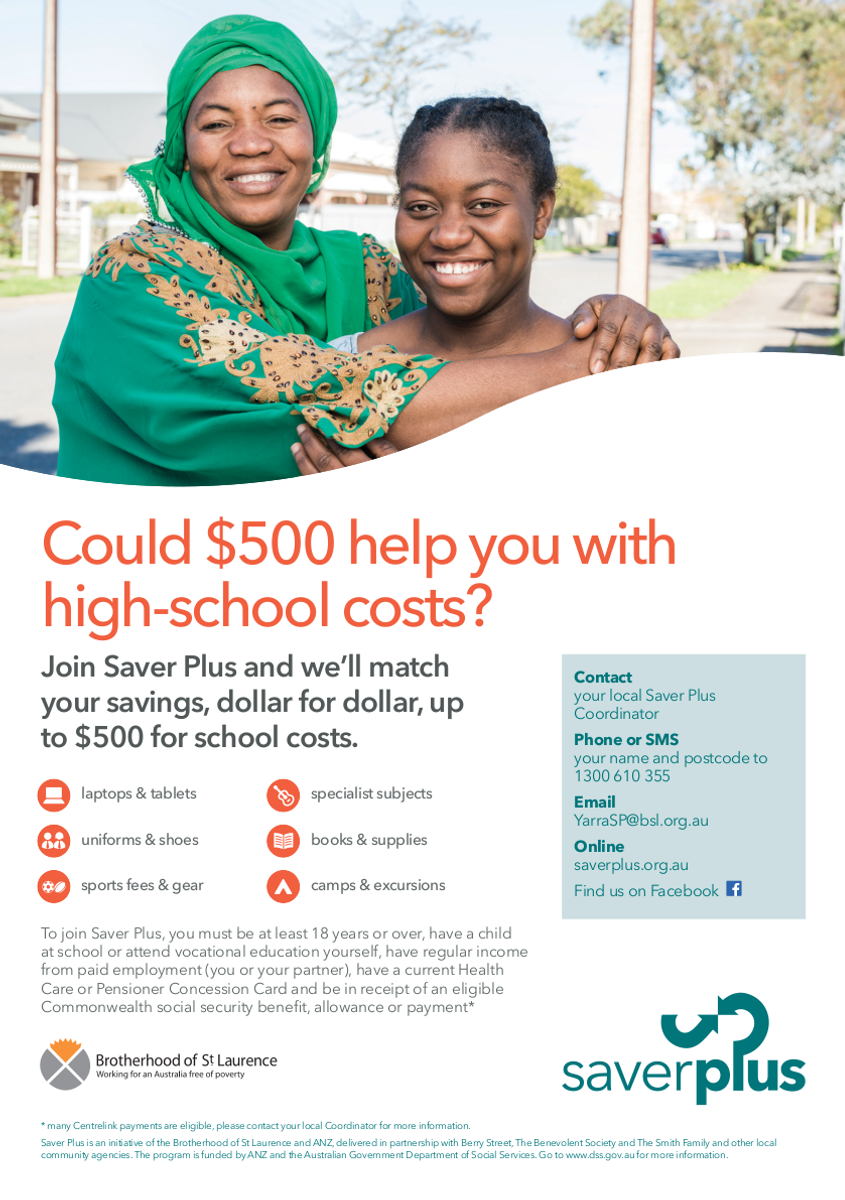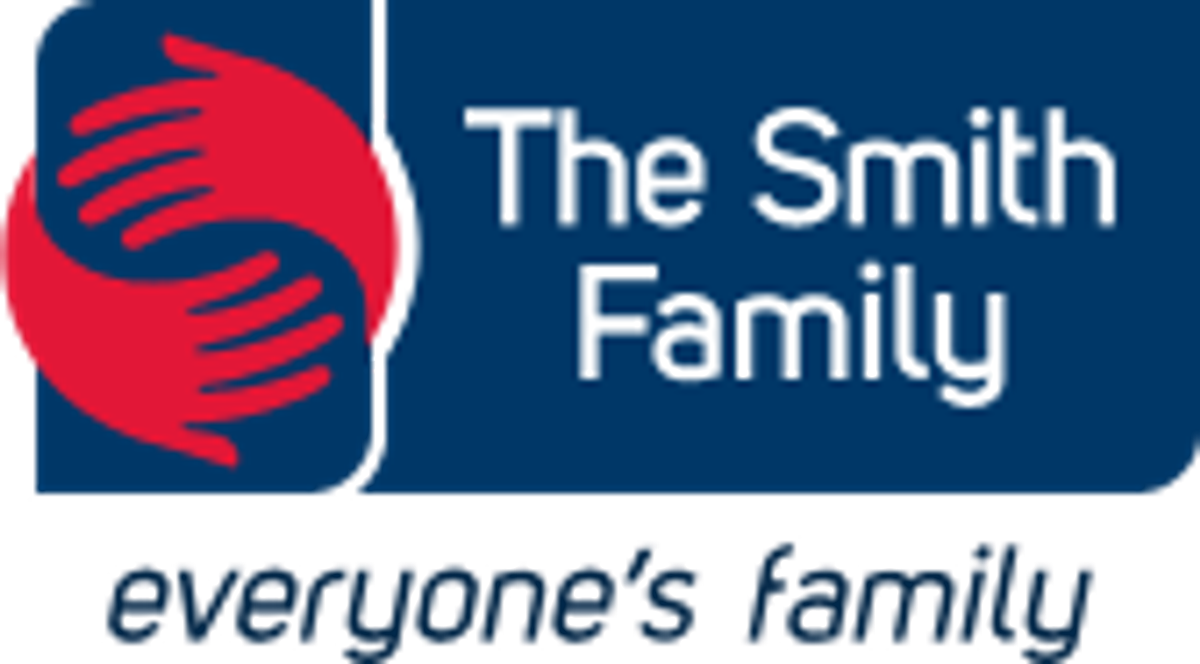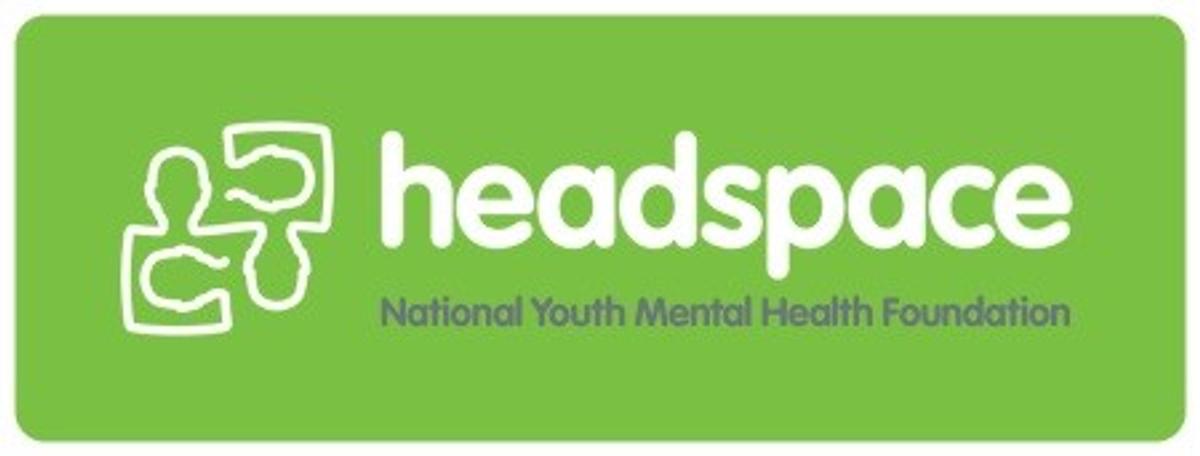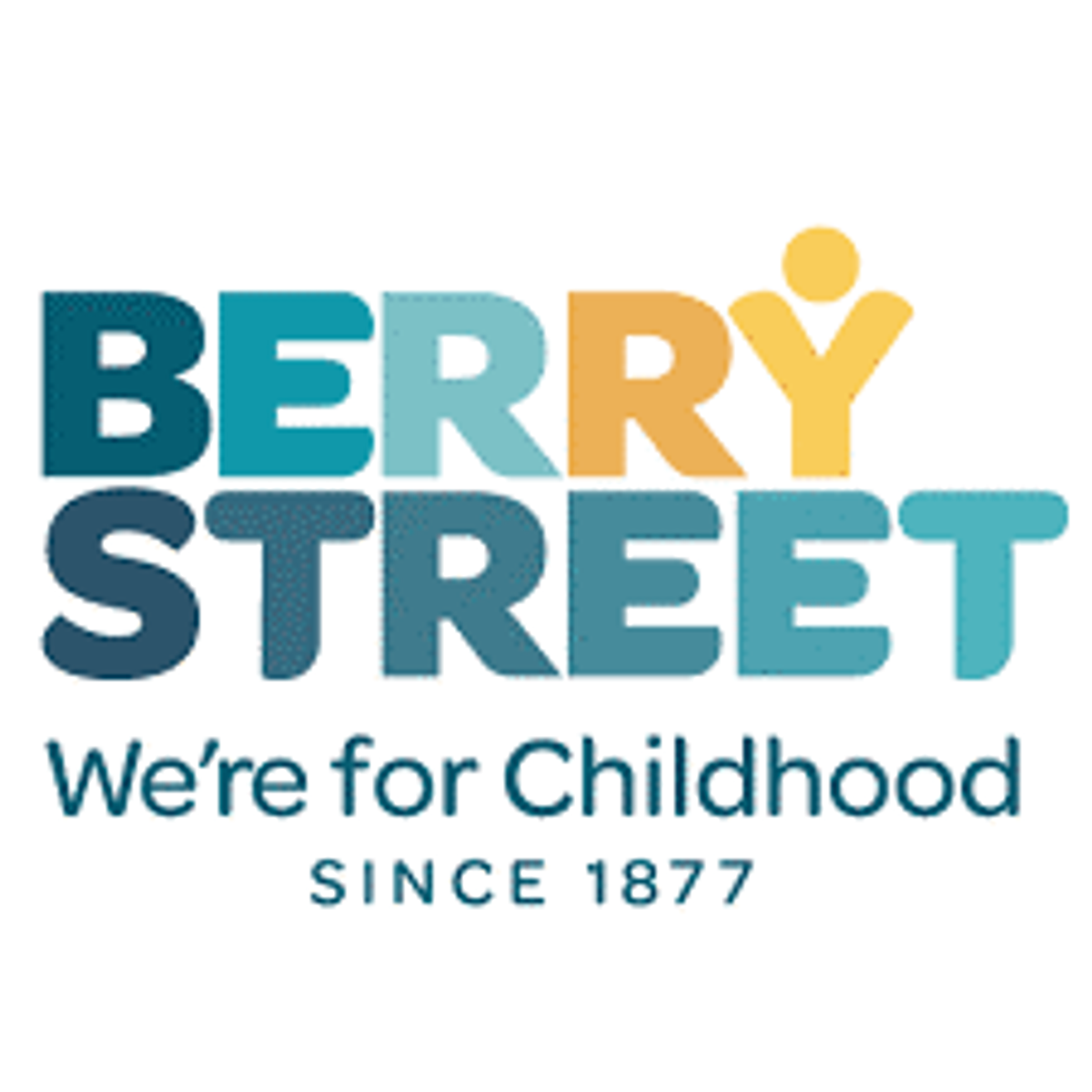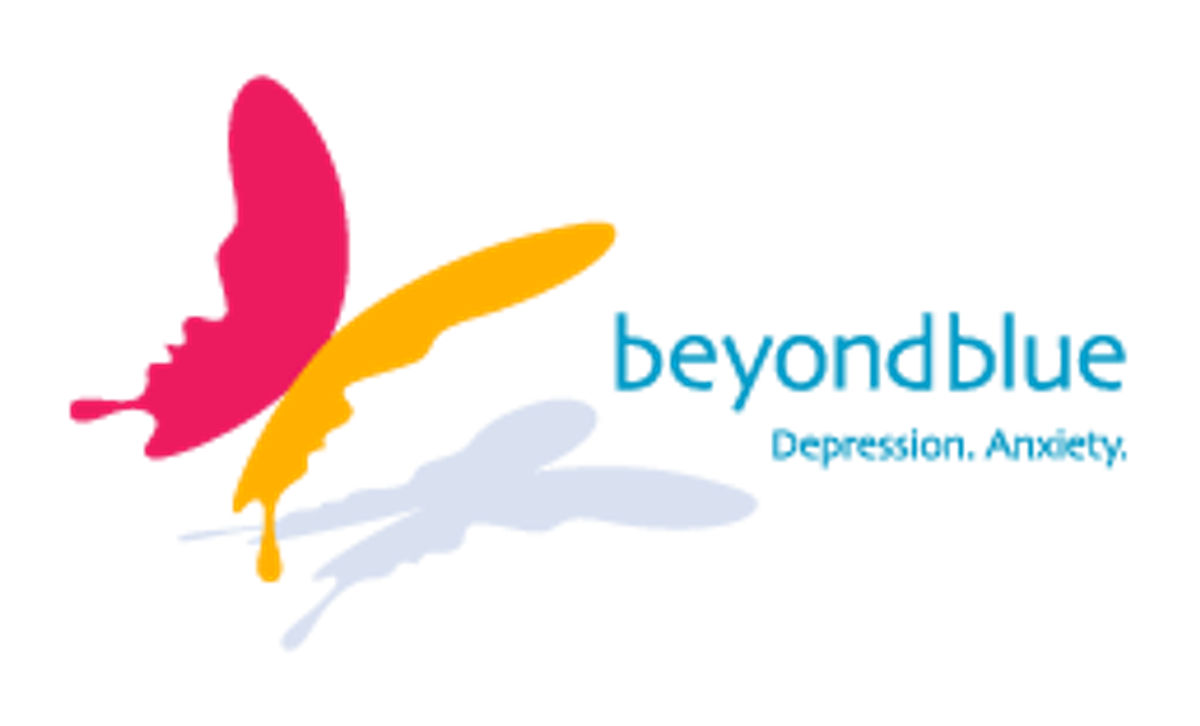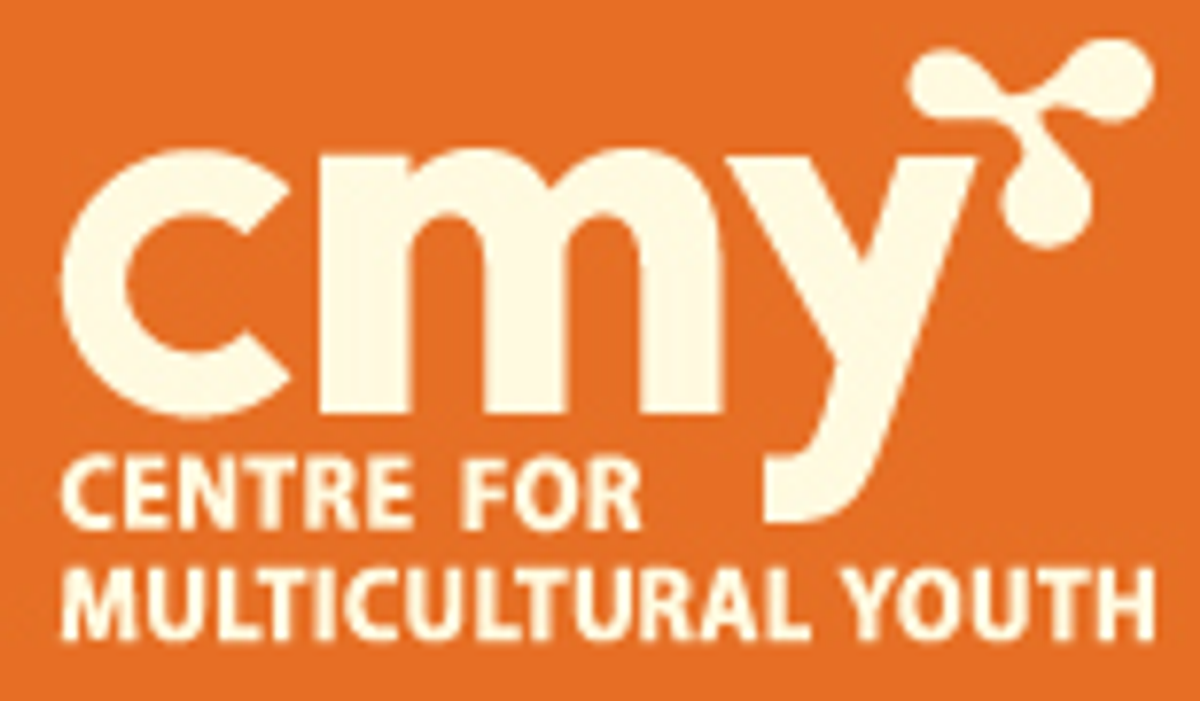WELLBEING
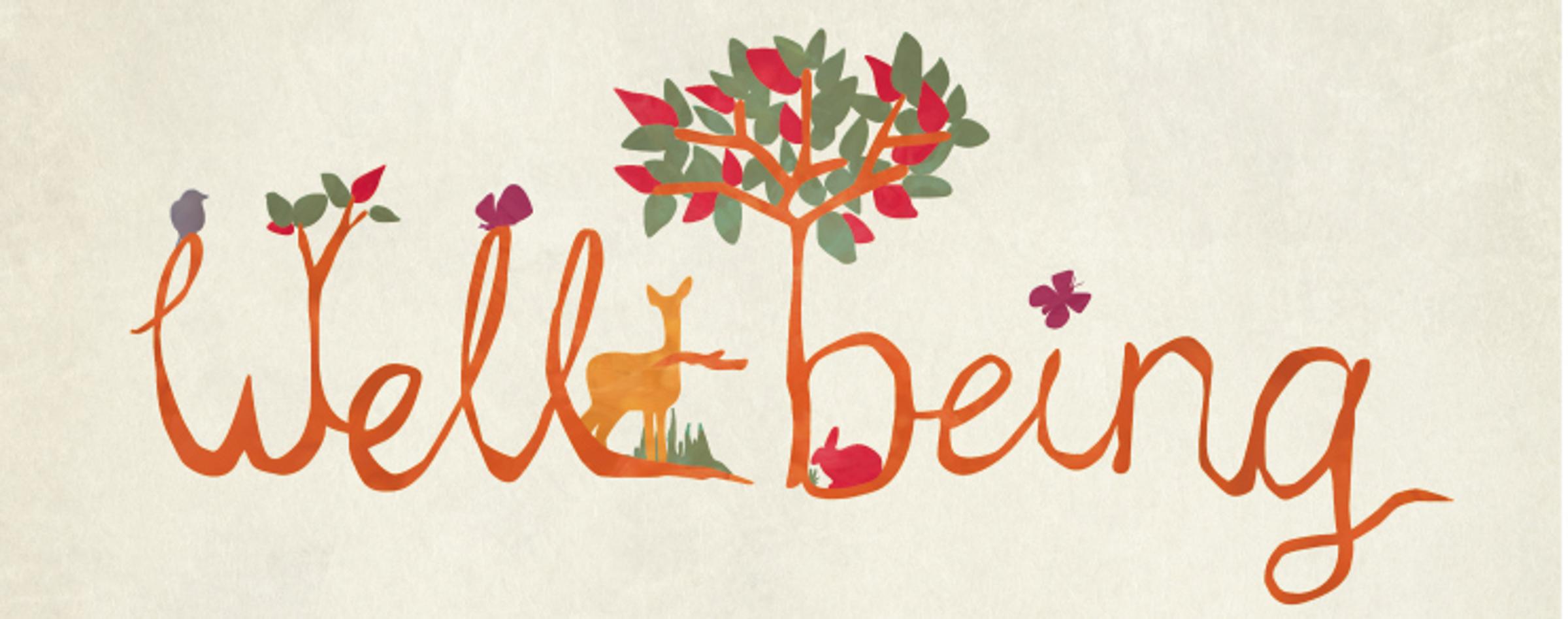
END TERM 2 REPORT
The Wellbeing team would like to let families know about a range of supports for young people living or studying in the Yarra local government area.
Please see the following websites for more information.
Yarra city school holiday program:
https://www.yarracity.vic.gov.au/services/young-people/school-holiday-program
Support for young people:
https://www.yarracity.vic.gov.au/services/young-people
Sleep is very important for good health. This article about sleep gives information about what helps and how to tell if your young person is getting enough sleep or not.
Facts about sleep for parents and school staff
https://www.sleephealthfoundation.org.au/facts-about-sleep-for-parents-and-school-staff.html
Created: Monday, 22 July 2019
Why is sleep so important?
Sleep is vital for children’s and adolescents’ wellbeing. Sleep supports healthy development of the body and mind. Evidence shows that children and adolescents who do not get enough sleep have more trouble learning. They are less attentive and motivated, have poor problem solving, more confusion, increased irritability, reduced memory, impaired communication, slower processing of information, poorer judgement, diminished reaction times and more indifference. Lack of sleep can also lead to behaviour and mood issues, impacting negatively upon relationships, empathy and leading to mental health difficulties such as anxiety and depressed mood. In Australia, the number of children and adolescents who are sleep-deprived is rapidly growing due to our lifestyle behaviours.
Why aren’t children and adolescents getting enough sleep?Technology use is on the increase with online social interactions replacing real world ones. For this reason, it is often difficult to get children and adolescents off their devices. In Australia, 25% of children aged 7-8 years report using mobile phones between 10pm and 6am – and this figure increases to 83% of children by age 17.(1) This late-night technology use is contributing to later sleep times and reduced quality of sleep. Children and adolescents commonly report going to sleep later and having interrupted sleep patterns because they reply to friends’ texts during the night.
Technology use can lead to poor sleep in a number of ways:● Body clocks (2) are sensitive to the blue light that backlit devices like phones and tablets emit. This light tricks our body clocks into thinking it is still daytime and this reduces the amount of melatonin, our sleep hormone that is released near bedtime. So, device use near bedtime can make it harder to get to sleep.● Using devices to play games or communicate with friends increases mental stimulation, making it difficult to wind down around bedtime or to get back to sleep when sleep is interrupted during the night. Negative online social interactions can also contribute to feelings of anxiety (3) and worry1 which can make it harder to sleep.
How much sleep do children and adolescents need?As with adults, every child is different in terms of how much sleep they need. The amount of sleep your child needs also changes as they age. Children aged 6-13 years should ideally be sleeping for 9-11 hours, although anywhere from 7-12 hours may be appropriate for some children. Teenagers aged 14-17 years should ideally be sleeping for 8-10 hours, although anywhere from 7-11 hours may be appropriate for some teenagers.(4)
What are some signs that your child or adolescent isn't getting enough sleep, perhaps through overusing technology?● Depressed mood,(5) irritability during offline social interactions● Hyperactivity at school (6)● Reluctance/arguing about getting off phones/devices and going to bed (7)● Reduced academic performance● Changes to communicating/social interacting at home and/or school● Falling asleep during the day● Difficulties waking up for school and sleeping in late on weekends to ‘catch up’ (8)● Getting to school late or missing school days
How can I encourage safe, healthy technology use to improve my child’s sleep & wellbeing?
- Putting in place some guidelines surrounding technology use at night is advisable and these guidelines might differ depending on the age of your child or adolescent. Children and adolescents need help with regulating their behaviour and understanding the harmful effects of disturbed sleep.
- Ideally, no mobile devices should be allowed in the bedroom. Why? Although it’s sometimes unavoidable to have devices like laptops in the bedroom, the bedroom should ideally be preserved for sleeping only so that it is perceived by the brain as a calm place - this helps children and young people to switch off and feel sleepy. Children and adolescents very commonly report using their phones after initially turning the lights out, even if there are rules in place about device use. Children and adolescents also report going and collecting their mobile devices after parents have gone to bed, even when everyone has agreed to leave them outside of bedrooms. Educating children about the harmful effects of disturbed sleep can be helpful for ensuring rules about device use are adhered to. Given many children and adolescents use their phone’s alarm to wake up in the morning, a simple strategy of replacing phones with an alarm clock may make removing devices from the bedroom more practical.
- Establish a nightly ‘wind down’ routine with your child or adolescent. Why? Having a nightly routine in the lead-up to bedtime can help children and adolescents unwind and cues their brains into knowing that it’s nearly time to sleep. As part of this wind down routine, create a calm environment and replace device usage in the hour before bed with a relaxing routine. This can help to reduce stress and anxiety, making it easier to feel sleepy.
Limit exposure to bright light Why? Children and adolescents body clocks are sensitive to light, in particular blue light, reducing the amount of ‘sleep hormones’ that are released around bedtime. Lower the brightness on devices in the evening hours and use applications that block out blue light on phones and tablets if your child is going to be using a device. - Model good behaviours Why? It is much easier to change your child’s behaviour if a group approach is taken. Children and adolescents learn by observing the behaviour of others (parents, siblings) - model healthy sleep and technology use behaviours and make it a family effort by involving siblings.
What are other factors that might be disturbing sleep in children and adolescents?Children’s and adolescents sleep may be disturbed by breathing problems during the night, often associated with snoring. This is termed Sleep Apnea (9). There are also good sleep habits, known as Sleep Hygiene (10), that can improve sleep. For a discussion of sleep hygiene and the range of other sleep problems and disorders that may affect children and adolescents, please see the separate fact sheets on the Sleep Health Foundation website.(10), (11).If you are concerned about your child’s sleep patterns, please access the below resources below or visit a GP.
All the Sleep Health Foundation (SHF) Fact Sheets can be found at the A-Z listing https://www.sleephealthfoundation.org.au/fact-sheets.html
Hope you have found this useful and that you’re able to stay safe and well over the break.
Collingwood College Wellbeing Team
OUR WELLBEING TEAM
Let us introduce you to our wonderful Well-being team here at Collingwood College…
| Name | Position
| Days | Contact |
Judith Clelland
| Secondary Principal | Monday to Friday | 9417 6681 |
Gareth Rego
| Social Worker
| 4 days per week | 9412 7720 |
Badria Mustafa
| Community Liaison Oromo
| Monday, Wednesday and Friday | 0499 340 740 |
| Hussein Ibrahim | Community Liaison | Monday to Thursday 9:30-2:30, Wed all day | 0459254588 |
| Xusen | Xiriiriyaha bulshada | Isniin ilaa Khamis 9:30-2:30, Arbaco malinta oo dhan.
| 0459254588 |
Hassen Mohamed- Saeed
| Community Liaison Tigrinya & Arabic | Monday – Friday 9-1pm | 0459466102 |
Michele Waters
| Mental Health Practitioner | Every Friday and Tuesdays in even weeks | 9417 6681 |
Rebecca Hodder
| Secondary School Nurse | Monday and Tuesday | 9417 6681 |
| Kathryn Feils | Counsellor
| Monday and Tuesday | 9417 6681 |
OUR COMMUNITY LIAISON OFFICERS
HASSEN MOHAMED-SAEED
I am Hassen Mohamed-saeed, I would like to take this opportunity to introduce myself to you as the new (Collingwood College African and South Pacific Communities
Liaison officer),
I'm looking forward to meeting in person. Collingwood College teachers, Administrators and Wellbeing teams are here to help your kids with their schooling and educational issues.
If you have any enquiries about your kids well-being please contact me on 0459466102.
انا حسن محمد سعيد مساعد شؤون الموظفين الطلاب في مدرسة كلود.من أجل خدمتك بصورة دائمة و افضل الرجاء الاتصال على الرقم 0459466102
BADRIA MUSTAFA
My name is Badria Mustafa (Collingwood College African and South Pacific Communities Liaison officer). I started working in November last year, most of you have not met me in person and I am looking forward to meet you all. My role is to liaise between the school, families and students. I can be contacted on 0499 340 740 on Mondays and Wednesdays between 9am to 5pm or alternatively you can contact the college on 94176681.
Oromo version
Maqaan kiyya Badria Mustafa jedhama, mana barumsa Collingwood College keessatti hawaasa Africa fi South Pacifickiif gargaarsa maati, barattootaaf fi barsiiftota eddutti gargaarudha, keessattu maati Afaan Oromo dubbatuuf gargaarsa adda addaa irratti isin gargaaruuf qohpiidha. Yoo gaaffii qabaattan lakkoofsa kanaan na qunnamuu dandeettan 0499 340 740. Guyyaan an dalagu Monday (Wiixata) fi Wednesday (Harbaa) sa’aa 9-5pm. Yokaan mana barumsa Kanaan qunnamu dandeettan 94176681. Fuuldura isiniin walbaruuf gammachuu qaba.
HUSSEIN IBRAHIM
My name is Hussein Ibrahim (Collingwood College African and South Pacific Communities Liaison officer). Most of you have already seen me last year (during Covid19 lockdown) and those who have not yet seen me, I have started working for the school in June last year and my role is to facilitate relationships between students, families, teachers, admin, Principal and the local community. My role also encompasses supporting students to maintain their education and keep engaged with the school in order for students to transition to a successful life/career. To achieve these objectives, we also support and work closely with the parents to address any challenges which maybe assist in achieving these goals.
Background
I’m a qualified Community Development practitioner with (Bachelor of Arts Community Development from Victoria University) and I have been working in the Community Services Sector for the last 15years, including “mental health section”, settlement” as well as tenant management for DHHS. I’m also accredited interpreter for Somali language.
If require my assistance, I can be reached on 0459254588 or alternatively the collage number: 94176681. I’m looking forward meeting you in the near future for introduction.
Somali Version
Salaamu Aleykum
isbarsho
Magaceyga waa Hussein Ibrahim ( waxaan ahay isku xiraha iskuulka Collingwood College iyo jaliyadaha Africanka iyo South Pacifica. Intiina badan waxaan is aragnay snadkii hore (xiligii lagu jiaray xanibadii Covit19). Intiina hore ii arag, waxaan bilabay in aan u shaqeyo ‘iskuulka’ bishii June sandkii hore.
Shaqadeyda waxey tahay isku xirka wadashaqeynta u dhaxeyso ardada, qoosaska, macalimiinta, principalda schoolka iyo jaliyadaha iskuulka nawaxiisa degan. Waxaa kaloo shaqadeyda tahay in aan ku dadalo in ardada iskuulka dhigata in ay waxbarashadooda dhameystaan ee waxbarshada nus kagtagin si ay mutaqbal fiican iyo shaqo wanagasan u helaan mustaqbalka dhow.
Sida hadafkaan u gaarno, waxaan si dhow ula shaqeyaa walidiinta si aan ugu caawiyo wixii caqabad ku noqonkaro sida loo gaari lahaa hadafkan.
Tariikhdeyda
Waxaan ka qalanjibiyey Jamacada Victoria University waxaana bartay sida jaaliyada loo caawiyo. Waxaana kashaqeynayey cawimada jalidaha 15sanoo lasoodhaafay. Waxaan kashaqey qebta dadyowga dhimirka ka xanuunsan iyo dejenta qaxootiga wadanka Australia.Waxaan kaloo ahay ‘turjuman dowlada u diinwangelisan oo fasira luuqada soomaliaga.
Haddad u bahato kaalmadeyda igala soo xiriir tel: 0459254588 ama kan iskuulka: 94176681. Waxaan aad uxiiseynayaa in aan kulano mustaqbalka dhow si aan isu barano.
SAVER PLUS - FINANCIAL ASSISTANCE FOR SCHOOL COSTS
Saver Plus is an option to assist with school costs. Saver Plus has supported several Collingwood College families in the past 2 years
QUICK GUIDE TO STUDENT MENTAL HEALTH AND WELLBEING - DEPARTMENT OF EDUCATION
Parents please click on the attachment below for Resources available for students and parents to access:
Pride Club
Pride Club! Tuesday lunchtime Room 301. For all students who support equality at Collingwood College!
SEXTING
Not sure what this is? Here is some information from the governments e-safety site https://www.esafety.gov.au/esafety-information/esafety-issues/sexting
FREE ASTHMA EDUCATION FOR CHILDREN & THEIR FAMILIES AT COHEALTH
The Community Asthma Program provides free asthma education and support for children (under 18) with asthma and their families. In Melbourne’s inner North and Western suburbs
An asthma educator works with children and their families to:
- understand asthma, its signs and severity
- identify triggers and learn how to control them
- understand their medications and administer them correctly
- develop a written asthma action plan
- learn asthma first aid
The program is tailored to the individual child and family The Community Asthma educators are able to see children and parents/ carers at one of the many Cohealth sites or at home. The CAP educators are also able to visit schools, kindergartens and child care centres to educate staff to support the child.
To refer, fill out the attached referral or please contacts:
9448 6825 or CAP@cohealth.org.au
CYBERPARENT - INTERNET SAFETY
Australian Multicultural Foundation (AMF) product called CyberParent which is an interactive learning tool that aims to teach parents and families about how to use the internet safely. The app was launched in 17 different languages and AMF has received overwhelmingly positive responses from the community. Since then, AMF has developed a downloadable version of CyberParent, which has just been released on the Apple App Store.
CyberParent is available in 17 different languages, which can be found in different language packs on the App Store. This includes:
Central Asia:
- Dari | دری
- Farsi | فارسی
- Pashto | افغانی
- Urdu | اُردُو
CyberParent is available to download from the App Store today! Click below to download now:
https://itunes.apple.com/au/app/cyberparent/id1315897505?mt=8
HEALTH AND WELLBEING LINKS
As Australia’s largest national education-oriented charity, we support disadvantaged Australian children to participate fully in their education, giving them the best chance at breaking the cycle of disadvantage. Our learning support and mentoring programs help children in need to fit in at school, keep up with their peers, and build aspirations for a better future for them. The smith Family can provide financial support for families and children in need to assist them through school and education.
To get in touch with the Smith Family go to: https://www.thesmithfamily.com.au/contact-us
Or call them on; 1300 326 459
Headspace is the National Youth Mental Health Foundation providing early intervention mental health services to 12-25 year olds, along with assistance in promoting young peoples’ wellbeing. This covers four core areas: mental health, physical health, work and study support and alcohol and other drug services.
Information and services for young people, their families and friends as well as health professionals can be accessed through this website; www.headspace.org.au , headspace centres, online counselling service eheadspace, and postvention suicide support program headspace School Support.
Ph: 1800 650 890.
Since 1877, Berry Street has chosen to work with children, young people and families, with the most challenging and complex needs, including those for whom we are often the last resort. Last year, we helped over 18,000 of the most disadvantaged children, young people and families across our community.
We believe all children should have a good childhood, growing up feeling safe, nurtured and with hope for the future.
Services include; Family services (ChildFirst), Education and training, Family violence, Foster and Kinship care, residential care and youth services.
To contact Berry Street go to their website http://www.berrystreet.org.au/ or call them on; 9429 9266
3 million Australians are living with depression or anxiety
Beyondblue provides information and support to help everyone in Australia achieve their best possible mental health, whatever their age and wherever they live.
Beyondblue has a 24hour helpline 1300 22 4636 and their website is https://www.beyondblue.org.au/
The Centre for Multicultural Youth is a Victorian not-for-profit organisation supporting young people from migrant and refugee backgrounds to build better lives in Australia.
Their purpose is to ensure that young people have every opportunity to succeed in Australia. Through a combination of specialist support services, training and consultancy, knowledge sharing and advocacy, we are working to remove the barriers young people face as they make Australia their home
